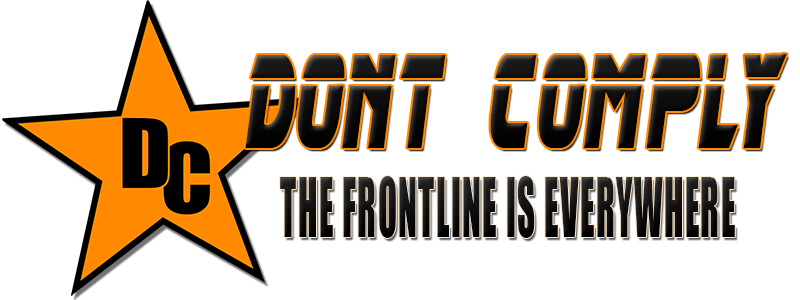Philadelphia, Pennsylvania – An Eastern District of Pennsylvania federal appeals court has concluded their ruling that filming the police without a challenge or criticism is not protected by the Constitution.
 The cases of Geraci v. The City of Philadelphia, and Fields v. The City of Philadelphia include two separate instances where they were detained, arrested and thrown in jail for exercising their Human Right to record the their public servants.
The cases of Geraci v. The City of Philadelphia, and Fields v. The City of Philadelphia include two separate instances where they were detained, arrested and thrown in jail for exercising their Human Right to record the their public servants.
A Temple University student, Richard Fields was incarcerated while simply snapping of photo of a gang of police that had assembled just outside a house where the participants were enjoying a get-together. Amanda Geraci, with Berkeley Copwatch went to observe the anti-fracking protest back in September 2012 and she was locked-up for wisely recording the detainment and arrest of a fellow protester, because its necessary for accountability and evidence in police overreach. Colorado just approved a bill stating that police officers will suffer consequences for interfering with people who are filming them with a possible $15,000 fine.
Geraci and Fields are both seeking damages from the Philadelphia Police Department for their clear claim of violation of their Constitutional and Civil rights to film interactions with public servants. Past court decisions have concluded that the citizens have a right to video police as a form of “expressive conduct,” similar to a protest or expressing grievances, which is supposed to be protected by the First Amendment.
The appeals court had to determine whether or not the public has a First Amendment right to film, or photograph police without having a clear expression of criticism or challenge to the conduct of the police.
The courts argument:
“Fields’ and Geraci’s alleged ‘constitutionally protected conduct’ consists of observing and photographing, or making a record of, police activity in a public forum. Neither uttered any words to the effect he or she sought to take pictures to oppose police activity. Their particular behavior is only afforded First Amendment protection if we construe it as expressive conduct. We find no basis to craft a new First Amendment right based solely on ‘observing and recording’ without expressive conduct. Absent any authority from the Supreme Court or our Court of Appeals, we decline to create a new First Amendment right for citizens to photograph officers when they have no expressive purpose such as challenging police actions.”
A law professor at UCLA, Eugene Volokh, completely disagrees with the court’s decision and said that he believes it will be overturned by the Third Circuit Court upon appeal.
Mr. Volokh wrote this in the Washington Post. “Whether one is physically speaking (to challenge or criticize the police or to praise them or to say something else) is relevant to whether one is engaged in expression, but it’s not relevant to whether one is gathering information, and the First Amendment protects silent gathering of information (at least by recording in public) for possible future publication as much as it protects loud gathering of information.”
These judges and courts can throw any verdict at the accused that they see fit. They have the green light and the go ahead to ignore the Constitution as it is deemed invalid and lost its value as a defensive tool for the United States citizens. The 14th amendment was the turning point for the role of our government, its deems us insurgents, rebels, and second class citizens. Without a leg to stand on we can just cross our fingers and hope we get the luck of the draw.
By Andre’ Gabriel Esparza – DontComply.com






1 Comments
Pingback: Filming The Police Against The Law In Philadelphia | My Blog